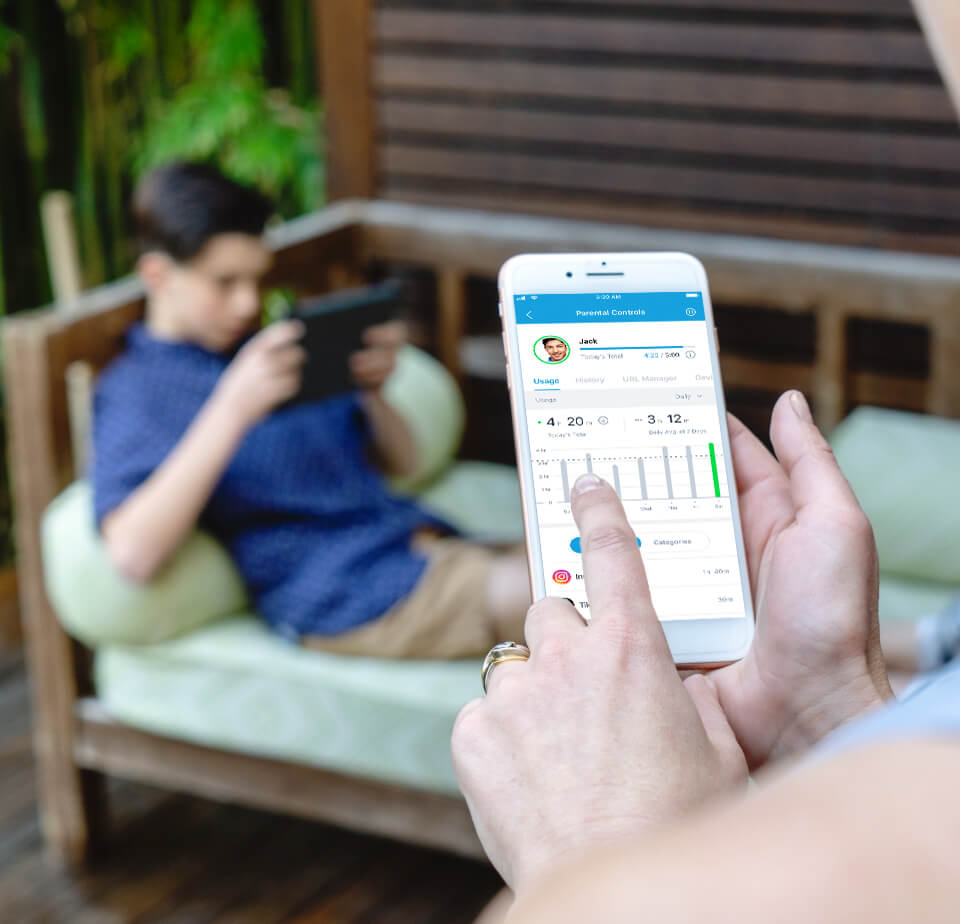Gen Alpha was born with smartphones and tablets in their hands, which is why the internet is an inseparable part of the kids’ lives today. They grew up staring from one screen to another, so expecting them to abandon technology for the sake of ‘safety’ is almost preposterous.
Children are naïve and the internet is a place that brims with malicious users who may attempt to take advantage of their gullibility. On the other hand, the new generation is also smarter and tech-savvy, so they are more than capable of learning to keep themselves safe on the internet.
The first step you can take to keep yourself and your children safe on the internet is to sign up with an internet service provider (ISP) that puts your safety first. Xfinity is among the leading ISPs in the U.S. and is known for providing excellent customer support, and user experience. Contact Xfinity Customer Service to learn about their internet security features.
Here’s how you can keep your children safe on the internet without giving the impression of being too protective and controlling!
1. Inform Your Kids About Online Threats

Talk to your children about the dark side of the internet, using their language. This is similar to telling your children not to talk to strangers, take anything from them, or go anywhere with them regardless of what they say.
Your children must understand that sharing personal information online can have dire consequences, and whatever content they upload stays there forever. They should know better than to reveal their whereabouts to strangers or fall for phishing emails. Moreover, let them know that clicking on links from unknown entities and visiting unfamiliar websites can damage their computer or smartphone.
Kids must know that they can trust you and you’ll always be there to protect them. If they ever encounter a threat or disturbing situation online, they can come to you without the fear of being judged or reprimanded.
2. Educate Children About Cybersecurity
Teach your children how they can protect themselves from online threats. Providing awareness of potential cyberattacks and explaining how to handle them will prepare them for the worst. Firstly, show them how to install spyware and anti-virus software on their computers. This software will warn them from downloading infected files and stop third-party websites from accessing their information.
Your kids may encounter cyberbullies and scammers at some point. If a stranger online is being nosy or offensive, your child should know how to report and block them from their network. In addition, teach your children how to differentiate between genuine and fake emails or messages.
If your child has individual email and social accounts, make them understand that they cannot share the password with anyone; not even their best friend.
3. Monitor and Manage Internet Access

Set up your child’s computer in the living room where you can easily monitor their internet usage. If the child has their own smartphone and/or tablet, you can install parental control apps to keep track of their online activity.
You cannot keep a check on your child’s online pursuits at all times, especially when they’re outside the house. Moreover, kids can quickly learn how to hide and erase evidence of their online shenanigans, so there’s that. However, you need to do all you can and encourage your kid to tell you everything going on in their life.
Discourage your children from connecting to public hotspots and logging into their accounts from public computers. If your kids are wary of you keeping an eye on them, justify your actions by telling them that you solely aim to look out for them. Introduce kids to child-friendly sites and demonstrate how to use social media safely.
4. Set Usage Limits
Even though you cannot prohibit your children from using the internet, you are still entitled to impose necessary restrictions. Online games and social media are addictive; thus, kids can easily get distracted and lose track of time.
If you catch your child secretly using the internet after bedtime, you need to establish some ground rules and boundaries. You can do this by turning off the Wi-Fi near bedtime or taking away their gadgets for the night. You may specify the hours during which they are allowed to go online.
You can also put up restrictions on usage of certain sites, and have a say in what websites they are allowed to use with and without permission.
5. Keep Up with Security Patches and Updates

The operating systems on your kids’ devices, as well as all installed applications, must be up to date. Regularly installing updates and security patches helps keep the device safe from external threats, as well as improves overall performance.
Computers and mobile gadgets that are running on outdated versions are more susceptible to privacy breaches and cyberattacks from hackers.
Final Thoughts
The Internet is like a giant classroom nowadays, where kids can explore a world of knowledge from simple facts to essential life skills quickly and easily. It’s like having a huge library right in their hands! But, as a parent or guardian, it’s crucial to guide them on how to navigate this vast space safely.
With your positive encouragement and a bit of oversight, you can help them make the most of the endless opportunities online while keeping them secure.


